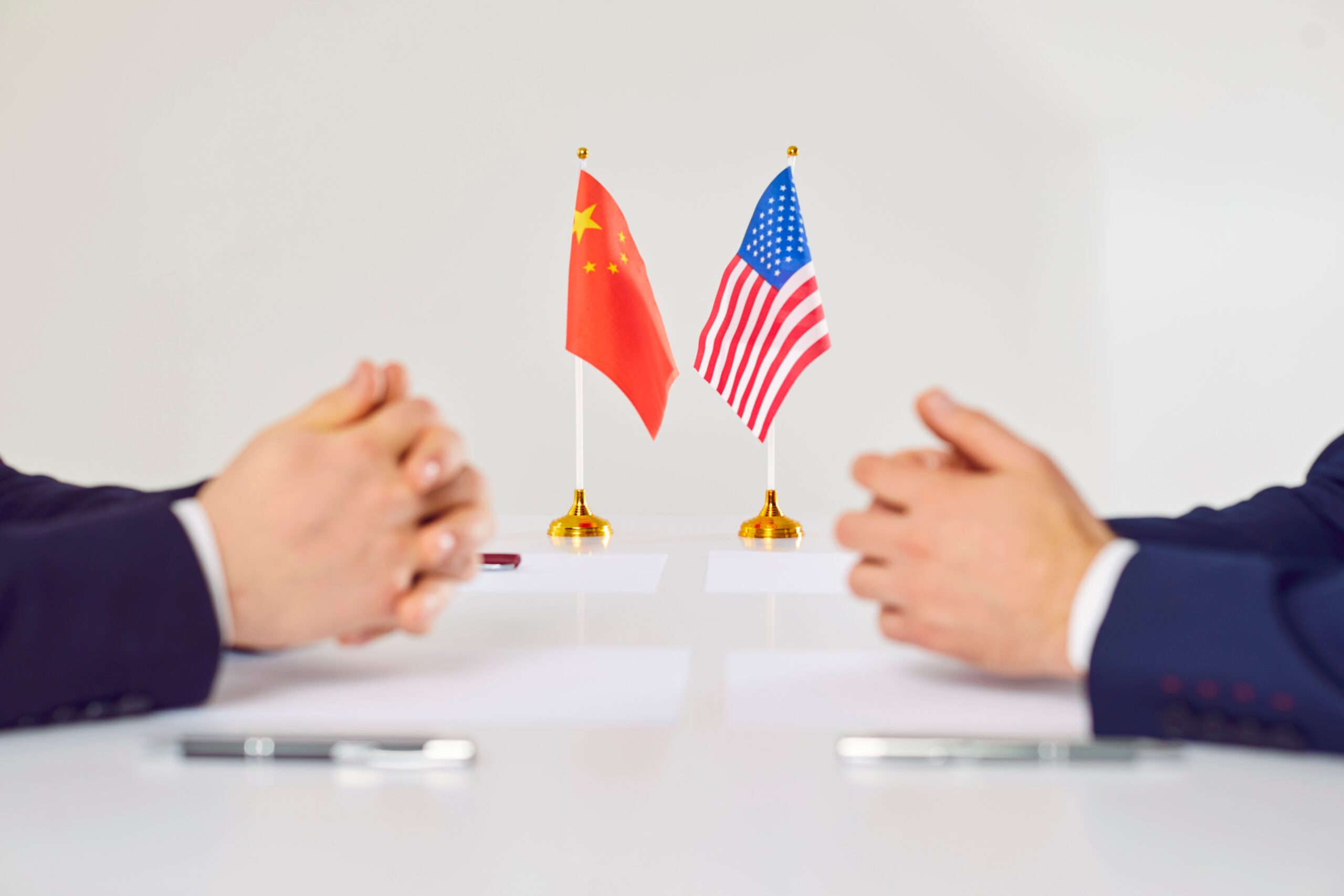If you’re an eCommerce retailer shipping Chinese-made goods to the United States, recent tariff changes could have a major impact on your business. Understanding these updates and preparing accordingly will minimise disruptions and keep your operations profitable.
New Tariffs on Chinese Imports
On February 4th, 2024, the US government announced new tariffs of 10-25% on a wide range of imported Chinese goods. This policy aims to reduce dependence on Chinese manufacturing but could lead to significant cost increases for eCommerce businesses that rely on Chinese suppliers.
Additionally, the US de minimis policy—which allows imports valued under a certain amount to enter duty-free—has been revised. Previously, individual shipments valued at under $800 could enter the US without customs duties. However, this exemption has now been revoked for Chinese imports, meaning all Chinese-made goods entering the US will require customs checks and could be subject to import duties, regardless of their value.
Current Status of These Changes
Due to the immediate logistical challenges and disruptions, the US government has temporarily paused both the new tariffs and the de minimis policy changes. However, businesses should prepare for these measures to be reinstated in the near future.
How This Affects eCommerce Retailers in Ireland and Europe
If your eCommerce business is based in Ireland or Europe and you sell products manufactured in China to US customers, these policy changes could affect you in several ways:
- Higher Costs: Increased tariffs mean higher expenses for importing Chinese products into the US, which may require adjusting pricing strategies.
- Longer Shipping Times: Customs checks on all Chinese imports could lead to longer processing times, affecting delivery estimates.
- Additional Costs for Customers: If you ship Deliver Duties Unpaid (DDU), your US customers may face unexpected customs fees, leading to dissatisfaction and potential order cancellations.
Strategies to Mitigate the Impact of Tariffs
To keep your eCommerce business profitable and competitive, consider these strategies:
1. Explore Alternative Suppliers
Reducing reliance on Chinese manufacturers can help you avoid high tariffs. Consider sourcing products from European suppliers or other Asian markets like Vietnam, India, or Taiwan, which may not be subject to the same trade restrictions.
2. Reprocess or Finish Your Products in Another Country
If switching suppliers isn’t an option, another strategy is to import partially assembled products from China and finish them in a different country before shipping them to the US. This may help lower the tariff base and reduce overall costs.
3. Be Transparent with Your Customers
If these changes result in higher shipping fees or import duties, communicate clearly with your US customers at checkout. Transparency will help build trust and prevent negative experiences due to unexpected customs charges.
4. Adjust Pricing and Shipping Models
- Incorporate Tariffs into Pricing: If necessary, slightly adjust your prices to absorb some of the increased costs.
- Offer Bulk Shipping Options: Consider consolidating shipments or using US-based fulfilment centres to reduce the frequency of customs checks and lower overall shipping expenses.
- Optimize Fulfillment Strategies: Partnering with a third-party logistics (3PL) provider in the US or Europe can help streamline fulfillment and reduce costs.
5. Stay Informed and Adapt Quickly
These policy changes are still evolving, so staying updated is critical. Follow reliable logistics experts, government trade websites, and industry news to make proactive adjustments.
How Autofulfil Can Help Your eCommerce Business Adapt
At Autofulfil, we specialize in helping eCommerce businesses in Ireland and Europe optimize their fulfillment strategies for international markets. With our fast and reliable order fulfillment services, we can help you:
✔️ Store inventory closer to your customers in Ireland and Europe to reduce shipping costs ✔️ Improve delivery speed with local, next-day fulfillment options ✔️ Manage customs and international shipping more efficiently ✔️ Scale your business while navigating changing trade regulations
These new US tariffs may present challenges, but with the right fulfillment strategy, you can minimize costs and maximize efficiency.
Want to learn more about how Autofulfil can support your eCommerce growth? Contact us today to discuss how we can help you navigate the evolving logistics landscape.

